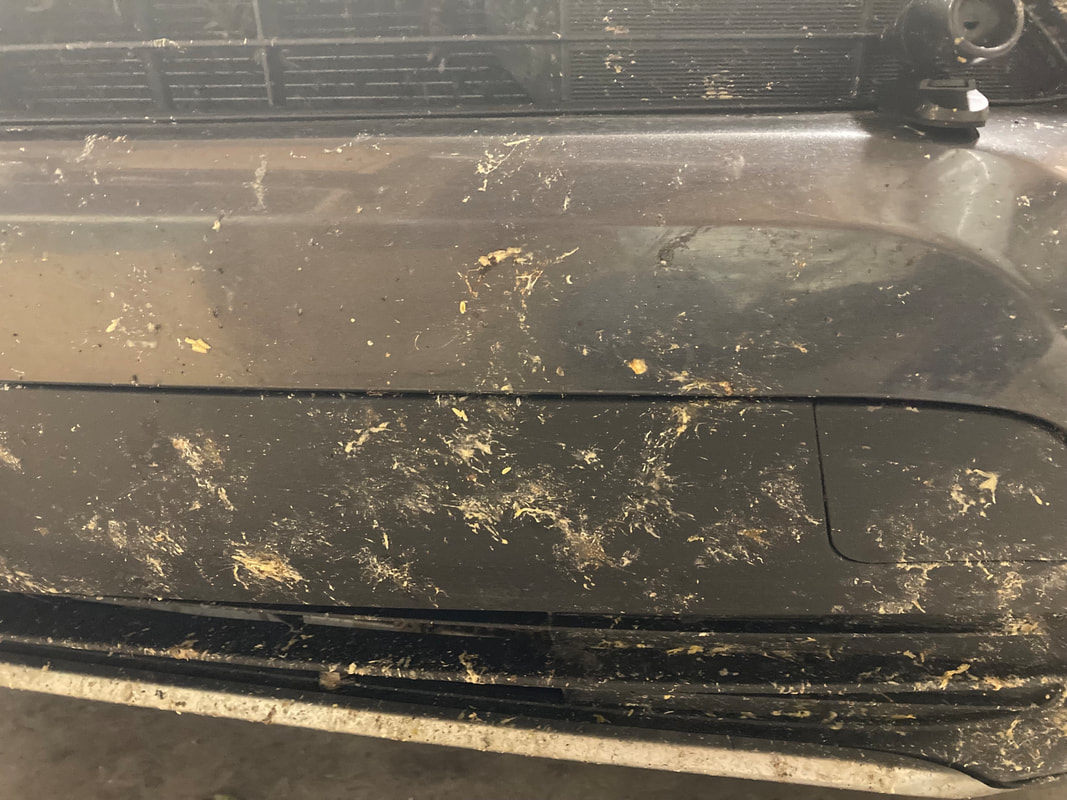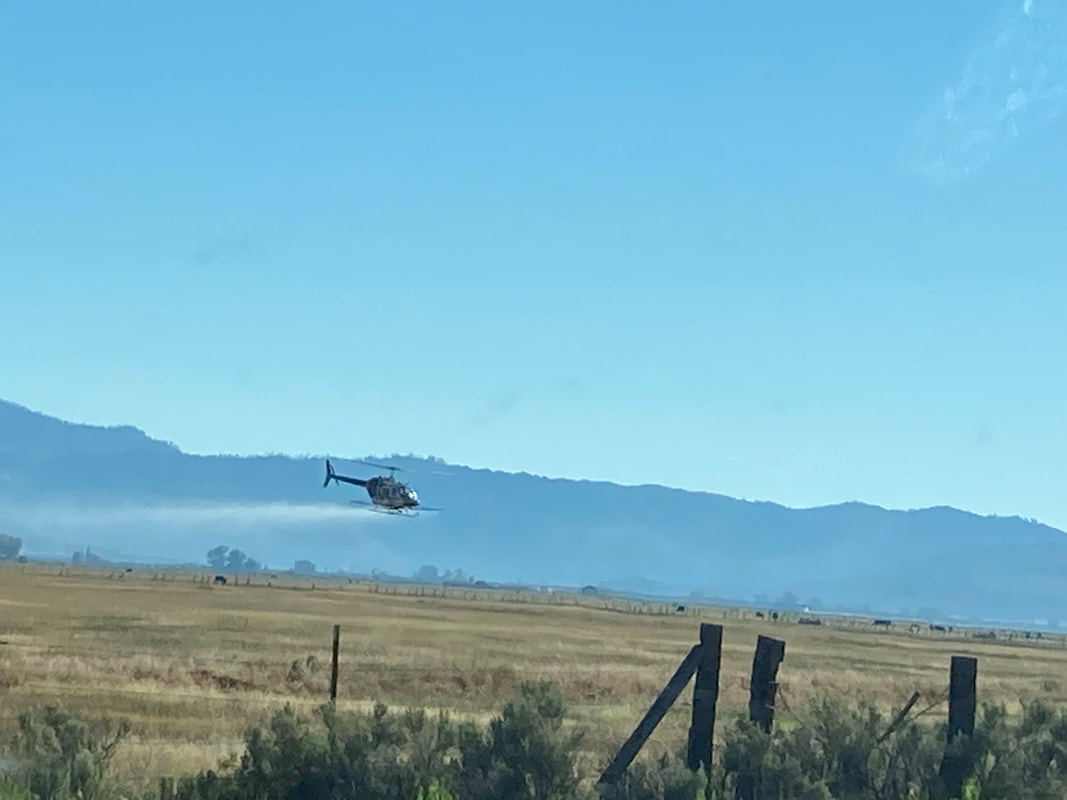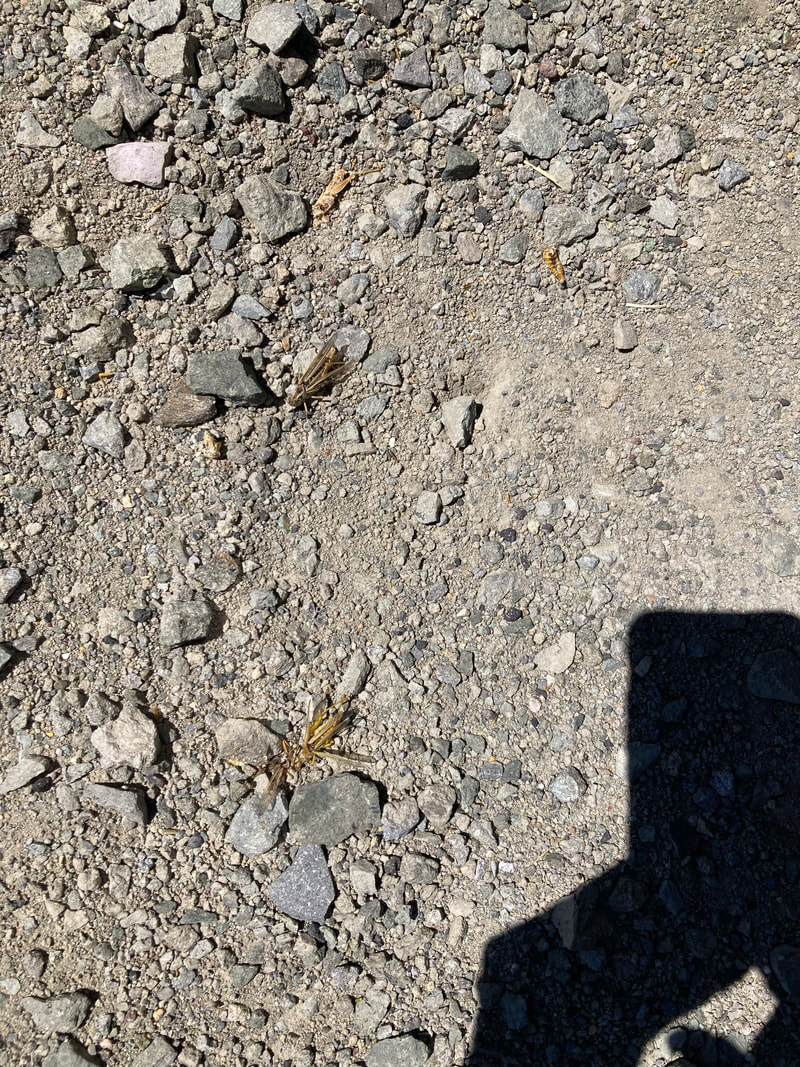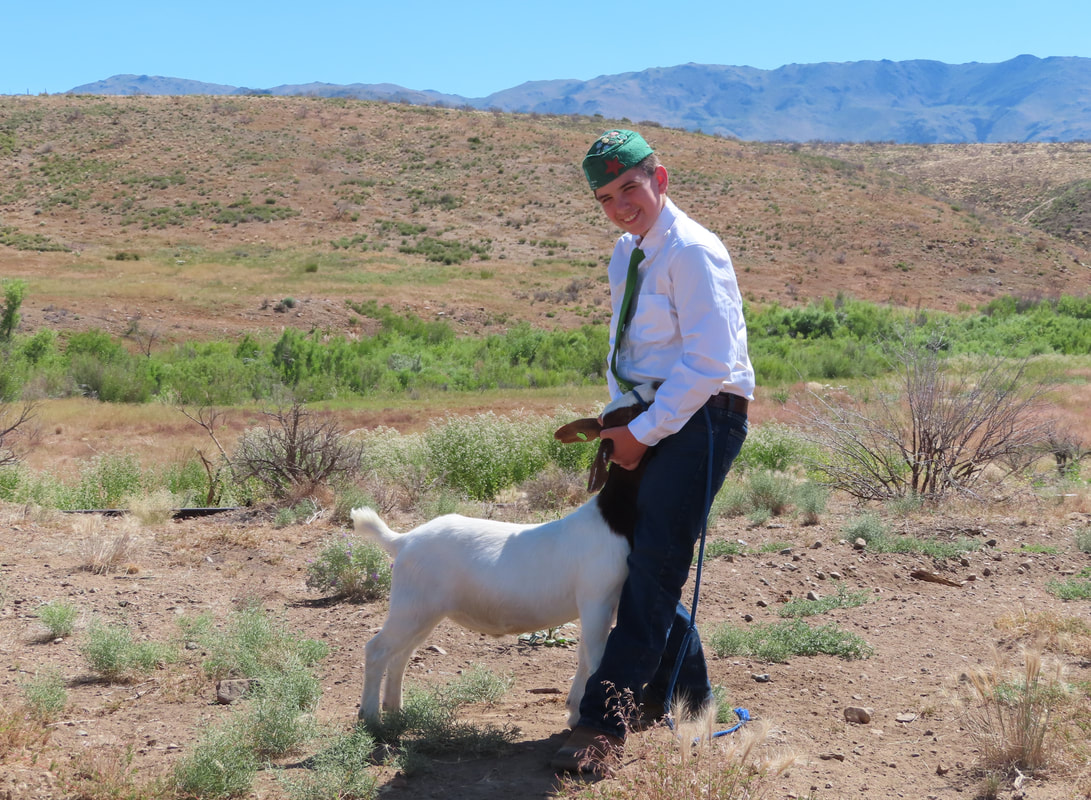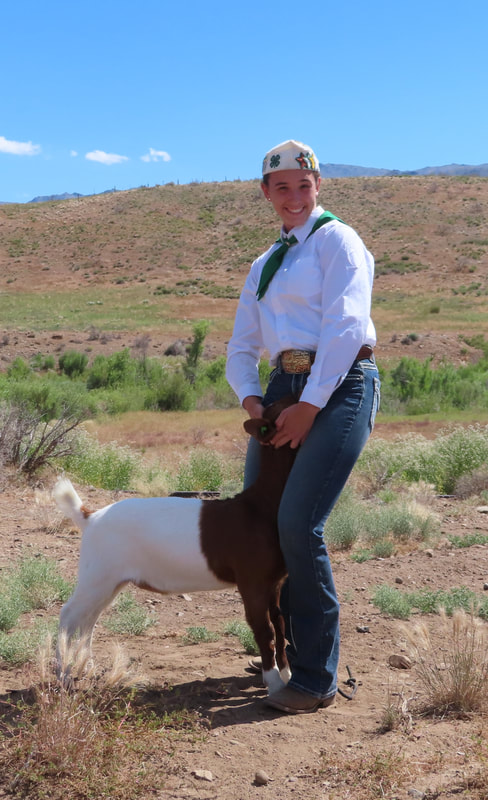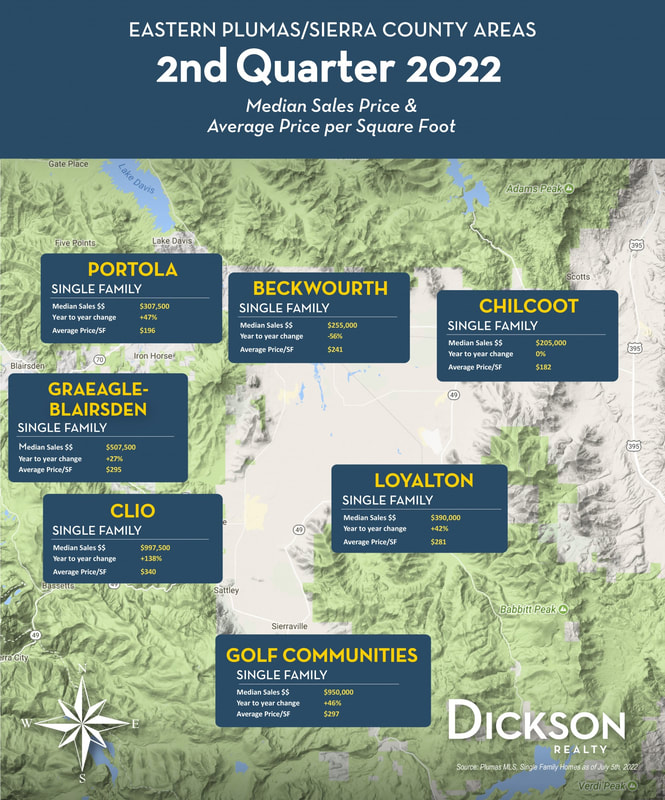We've all been affected the recent invasion of grasshoppers along A-24 and Dyson Lane. The worst part is what they do to the front of vehicles. And with water restrictions, washing cars is prohibited.
On July 7th I caught a helicopter doing spraying. It's assumed by ranchers and we've reached out but had no call backs and mailboxes are full.
But those grasshoppers are tough! On Monday I drove to Chilcoot and was hit by swarms all along Highway 49; especially bad by the overpass. They are everywhere and it's impossible to avoid them.
